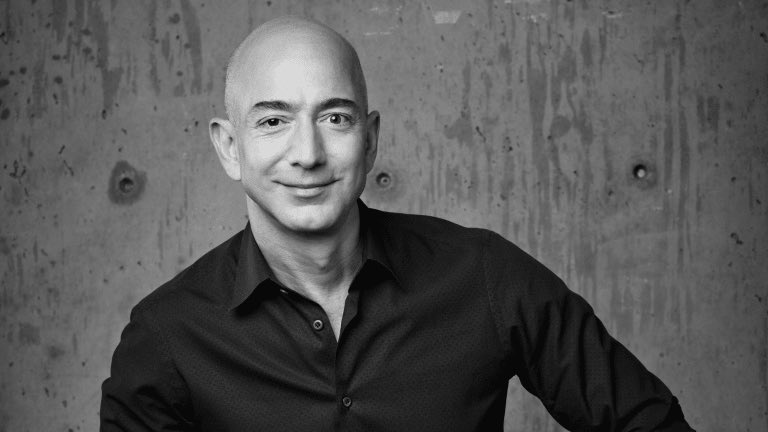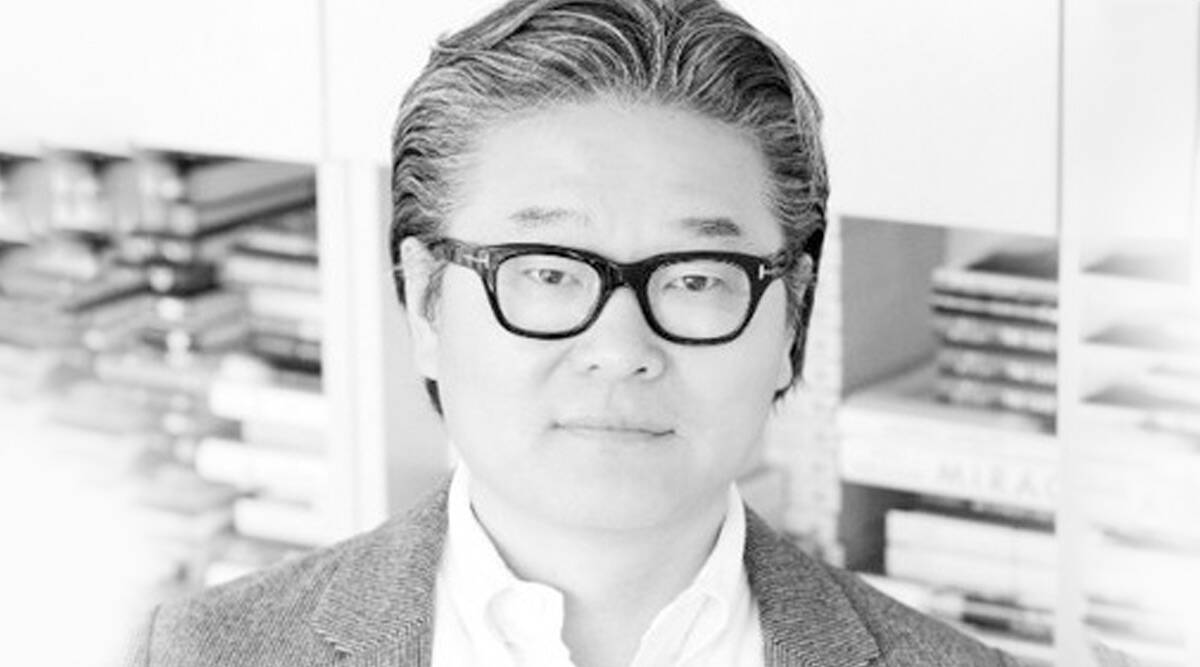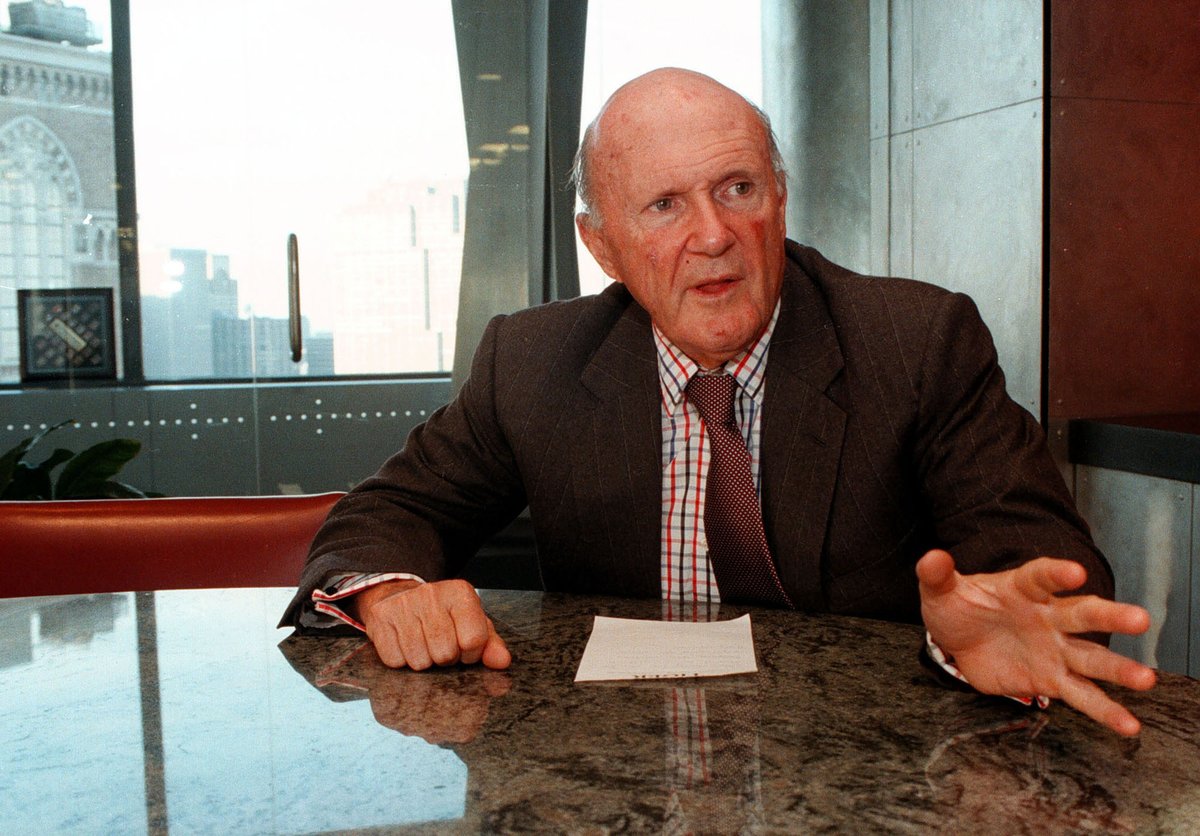
In his final Amazon shareholder letter, Jeff Bezos shared a powerful mental model on maintaining your distinctiveness.
A thread on the fight against normalcy (in your career, startup, writing, or life):
A thread on the fight against normalcy (in your career, startup, writing, or life):

Jeff Bezos founded Amazon in 1994.
In 27 years at the helm, he grew it into one of the largest and most influential companies in the world.
Today, it is worth almost $1.7 trillion.
Each year since its 1997 IPO, Bezos has written an annual letter to Amazon shareholders.
In 27 years at the helm, he grew it into one of the largest and most influential companies in the world.
Today, it is worth almost $1.7 trillion.
Each year since its 1997 IPO, Bezos has written an annual letter to Amazon shareholders.
In February, Jeff Bezos announced he would step down as CEO.
In his final annual shareholder letter, he covered his “create more than you consume” mantra and hit on climate and employee issues.
But its closing - on the fight against normalcy - held the most powerful lessons.
In his final annual shareholder letter, he covered his “create more than you consume” mantra and hit on climate and employee issues.
But its closing - on the fight against normalcy - held the most powerful lessons.
Bezos set the stage for his mental model with a quote from Richard Dawkins’ The Blind Watchmaker:
“The body tends to revert to a state of equilibrium with its environment...if living things didn’t work actively to prevent it, they would eventually merge into their surroundings.”
“The body tends to revert to a state of equilibrium with its environment...if living things didn’t work actively to prevent it, they would eventually merge into their surroundings.”
With the stage set, Bezos makes his point:
“In what ways does the world pull at you in an attempt to make you normal? How much work does it take to maintain your distinctiveness?...You have to pay a price for your distinctiveness...don’t expect it to be easy or free.”
“In what ways does the world pull at you in an attempt to make you normal? How much work does it take to maintain your distinctiveness?...You have to pay a price for your distinctiveness...don’t expect it to be easy or free.”
This is a powerful mental model for thinking about distinctiveness.
If equilibrium with our surroundings - normalcy - is our natural state, we must fight to maintain distinctiveness.
Constantly, relentlessly.
Distinctiveness isn’t free - you have to pay your dues every day.
If equilibrium with our surroundings - normalcy - is our natural state, we must fight to maintain distinctiveness.
Constantly, relentlessly.
Distinctiveness isn’t free - you have to pay your dues every day.
Once you internalize this framework, you will see it all around you.
You will see all of the ways that our systems and institutions are designed to keep you normal.
You will start to see how hard it is to be different - the true cost of distinctiveness.
One perfect example...
You will see all of the ways that our systems and institutions are designed to keep you normal.
You will start to see how hard it is to be different - the true cost of distinctiveness.
One perfect example...
Education
Our traditional education systems look like the early Ford Model T assembly lines.
Standardized, one-size-fits-all curriculum and arbitrary assessments of competency.
We leave kids behind, we hold back others.
We fail to foster innovation, ingenuity, and creativity.
Our traditional education systems look like the early Ford Model T assembly lines.
Standardized, one-size-fits-all curriculum and arbitrary assessments of competency.
We leave kids behind, we hold back others.
We fail to foster innovation, ingenuity, and creativity.
Traditional education systems are designed to maintain equilibrium.
Conventional wisdom said it would be too hard to foster creativity at scale.
It will be hard, but that’s the point!
Innovation is coming: @synthesischool is building something special. synthesis.is
Conventional wisdom said it would be too hard to foster creativity at scale.
It will be hard, but that’s the point!
Innovation is coming: @synthesischool is building something special. synthesis.is
The world wants you to be normal.
Our systems and institutions are all designed to make it easy to be normal.
Maintaining your distinctiveness is possible, but it will require effort - painful, constant, relentless effort.
But stay the course. You’ll find it’s worth it.
Our systems and institutions are all designed to make it easy to be normal.
Maintaining your distinctiveness is possible, but it will require effort - painful, constant, relentless effort.
But stay the course. You’ll find it’s worth it.
For more on this mental model, I would recommend reading the full 2020 Amazon shareholder letter below. aboutamazon.com/news/company-n…
If you enjoyed this, follow me for more threads on mental models, business, and finance. You can find all of my threads in the meta-thread below.
https://twitter.com/sahilbloom/status/1284583099775324161
And if you are less Twitter inclined, sign up here to get my threads (and audio versions!) delivered straight to your inbox. sahilbloom.substack.com
Writing this thread, I was reminded of this awesome video from 2013 from @iamkidpresident @soulpancake. For anyone needing a good pep talk today!
"I shall be telling this with a sigh
Somewhere ages and ages hence:
Two roads diverged in a wood, and I—
I took the one less traveled by,
And that has made all the difference."
- Robert Frost, The Road Not Taken
Somewhere ages and ages hence:
Two roads diverged in a wood, and I—
I took the one less traveled by,
And that has made all the difference."
- Robert Frost, The Road Not Taken
• • •
Missing some Tweet in this thread? You can try to
force a refresh








